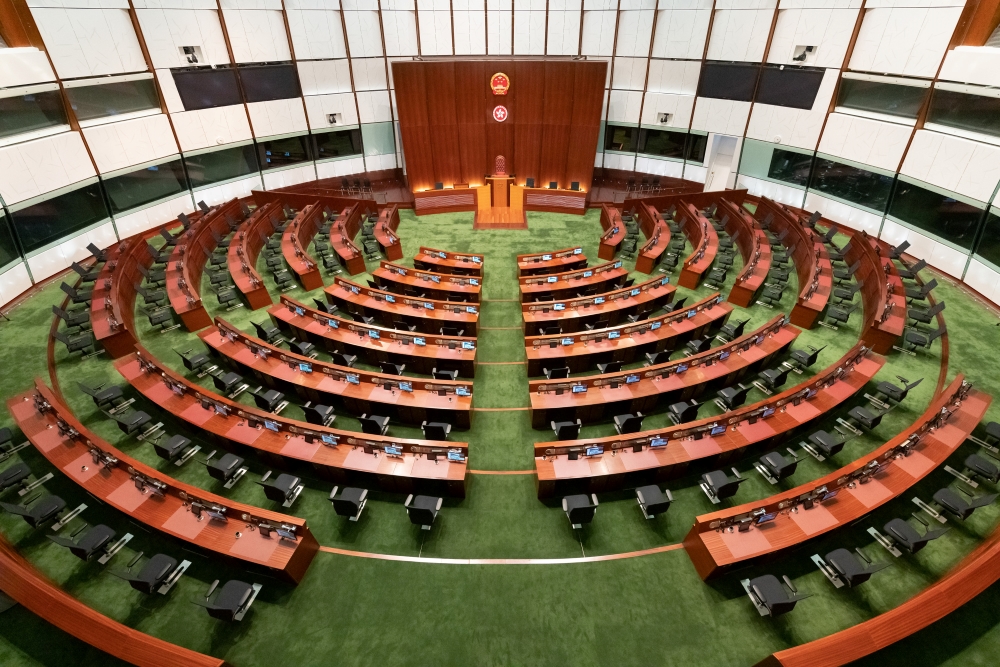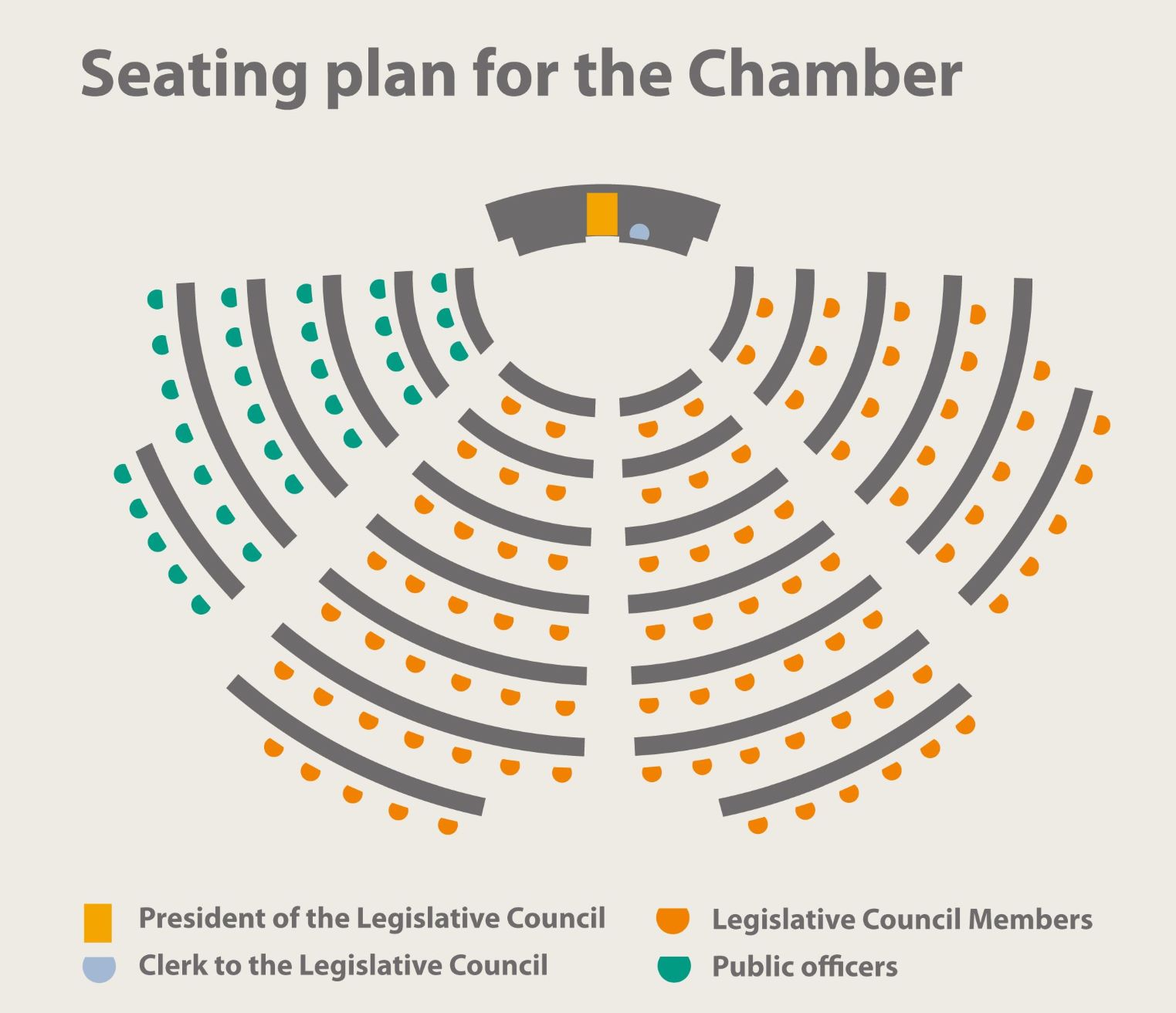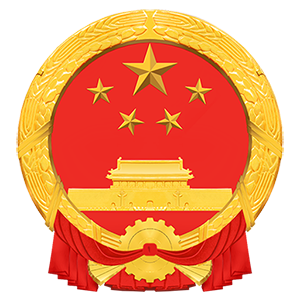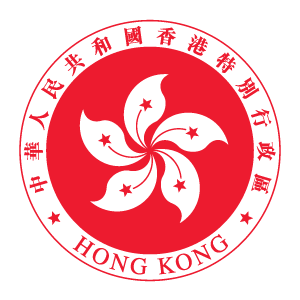LET THE COUNCIL MEETING BEGIN
According to Article 75 of the Basic Law, the quorum of the Legislative Council shall be not less than one half of all Legislative Council Members. Members and public officers may address the Legislative Council in Putonghua, Cantonese or English, with simultaneous interpretation provided. The proceedings are recorded verbatim in the Official Record of Proceedings of the Legislative Council.
Members monitor the work of the Government through raising questions or moving motions for debate at Council meetings. Members may raise questions on the work of the Government or ask for official action with regard to the Government’s work. In addition, Members may debate motions with no legislative effect to express their views on issues concerning public interests or call on the Government to take certain actions.
Another function of Council meetings is to enact laws through the passing of bills. Bills have to pass through three readings at Council meetings and subsequently be submitted to the Chief Executive for signature before they become laws. Of particular importance is the scrutiny of the Budget presented by the Financial Secretary to the Legislative Council in the form of an Appropriation Bill that sets out the Government’s annual expenditure proposals for the following financial year.

The main items of business being transacted at a Council meeting include:
Questions - Members may raise questions to the Government concerning its work, either to seek information or ask for official action with regard to a particular matter.
A Member raising a question should specify whether an oral or a written reply is required. Normally, not more than 22 questions may be asked at any one Council meeting, of which no more than six questions requiring an oral reply and 16 questions requiring written replies from the Government may be asked. For questions seeking oral replies, supplementary questions may be put by any Member to request for further elaboration after the public officer gives his or her reply.
Statements - Public officers may make statements on issues concerning public interests.
Bills - A “bill” is a proposed new law or amendments to existing law. The Government and Members may introduce bills to propose new legislation or amend existing legislation for consideration by the Legislative Council. A bill must go through a three-reading procedure in the Legislative Council before it becomes a law. After a bill is introduced into the Legislative Council, Members debate and vote on it.
Motions - Motions are the mechanism through which most Council business is transacted. There are two kinds of motions: motions with legislative effect and motions with no legislative effect.
Public officers and Members may move motions with legislative effect for consideration by the Legislative Council. For example, motions may be moved to seek the Legislative Council’s approval to make or amend subsidiary legislation, or to exercise the powers conferred under the Basic Law to amend the Rules of Procedure of the Legislative Council of the Hong Kong Special Administrative Region, or to invoke its powers under the Legislative Council (Powers and Privileges) Ordinance.
Members may move motions with no legislative effect for debate at Council meetings. Such motion debates provide opportunities for Members to express their views on issues of public interest or to call on the Government to take certain actions. Public officers will attend such debates and respond to Members’ views. The Government may also move motions to seek the Council’s endorsement of certain proposals.

The aforementioned business is transacted at general Council meetings, except for the following meetings:
A meeting at which the Chief Executive delivers a Policy Address - the Chief Executive addresses the Legislative Council at a Council meeting on the Government policies for administering the Hong Kong Special Administrative Region; and
Meetings attended by the Chief Executive - The Chief Executive normally attends a Question and Answer Session on the Policy Address after the delivery of the Policy Address to expound on policy vision and to answer questions from Members. In addition, the Chief Executive also attends Chief Executive’s Interactive Exchange Question and Answer Sessions to express and exchange views on significant, macro and strategic topics with Members. Apart from answering questions, the Chief Executive may also consult Members’ views for consideration in the administration.
All Council meetings are open to the public and reported by the mass media. Members of the public can also watch the proceedings of the meeting via the Legislative Council Webcast on the Legislative Council Website (www.legco.gov.hk).



